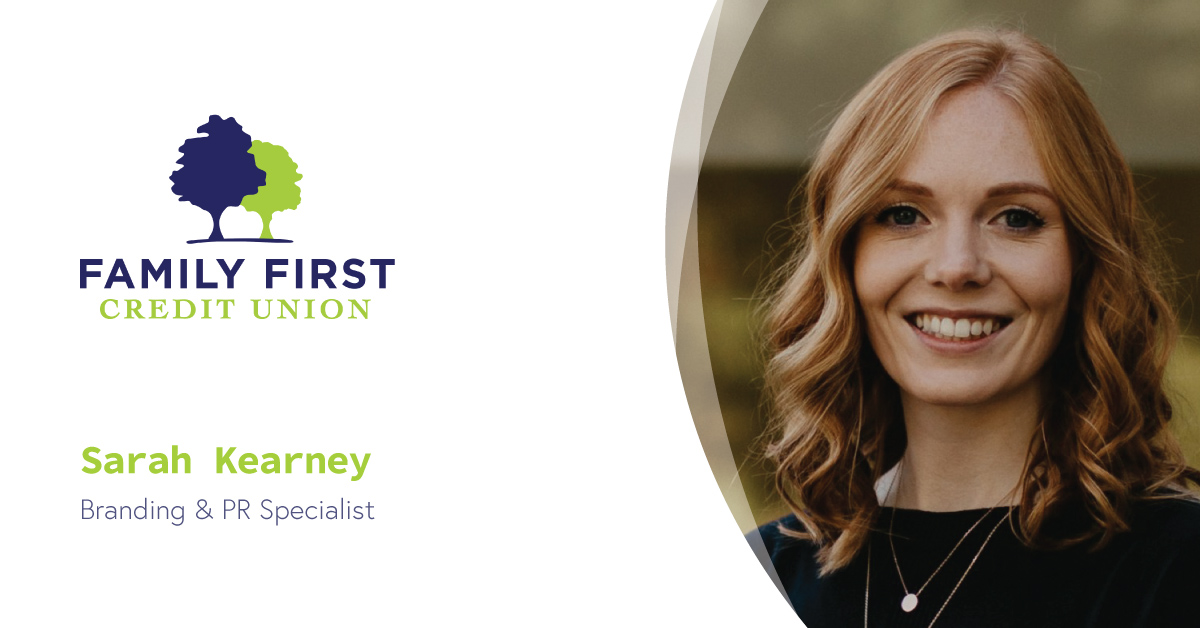Managing Financial Stress
Last Updated
April 11, 2023
Written By
Sarah Kearney
Stress levels are on the rise! In 2023, the American Psychological Association (APA) reported that most Americans today are suffering from moderate to high stress. 72% of adults reported that their biggest cause of stress is money, with work following close behind. Given the impacts that financial stress can have on our health, this is a pretty significant number.

What is Financial Stress?
Financial stress is an emotional tension specifically related to money. While most people will experience financial stress at some point during their lives, it’s more often experienced in lower-income households. Work, health, retirement, debt, rent, and bills can all contribute to financial stress.
While this kind of stress affects some people for just short periods of time, it can become problematic when it starts to affect your everyday life or health. Financial stress can lead to both mental and physical health issues like anxiety, depression, difficulty focusing, headaches, and stomachaches, just to name a few.
Unfortunately, many individuals who are experiencing financial stress often delay health care to prevent further financial burden. When it comes to your health, cutting corners can cause your conditions to worsen, or become completely unavoidable, but when treatment is not easily accessible or affordable, or when your job doesn’t offer the flexibility to take time off, you can become caught in a vicious cycle that is difficult to break.
Signs of Financial Stress
If you or a loved one is experiencing financial stress, there are some telling signs. These could include:
- Being afraid to open the mail and answer phone calls
- Arguing with loved ones about money
- Feeling guilty about spending money on non-essentials or recreational activities
- Constantly worrying about money and finances
Job Stress
For some, financial stress stems from another source – job stress. In 2022, 1 in 3 adults reported experiencing high levels of stress at work. Some workers, especially those in low-income households, may be working in unsafe or toxic work environments but stay out of fear that they will suffer financially. This also applies to individuals who are unhappy at work but perhaps don’t have the energy to look for another job or don’t want to lose their current pay.
Job stress can poorly impact your quality of work and productivity, and can result in difficulty focusing, fatigue, dissatisfaction at work, and even health issues such as cardiovascular disease. According to the APA, there is substantial evidence that stress may be the highest cause of turnover in organizations.

Tips for Managing Financial Stress
No matter what kind of stress you’re experiencing, it’s important to learn how to manage it. Here are 5 tips that will help you overcome and reduce your financial stress, so you can spend less time worrying about money and more time enjoying what you love.
- Declutter Your Budget
Regularly schedule check-ins with yourself to review bank statements, assess your spending habits, cancel subscriptions you don’t use anymore, and get an overall idea of how much you’re spending and saving. Having the full picture in front of you will make it easier to prioritize your spending and adjust accordingly.
- Understand Your Debt
When you have debt in several different places, keeping track of it all can be overwhelming. However, it’s important to know so you can make a strategy to pay it off. Take note of how much you owe, your monthly payments, and your interest rates. What debt can you consolidate? What should you pay off first?
If you have multiple credit cards, consider consolidating your balances to one low-interest credit card or a debt consolidation loan. Taking five separate payments and turning them into one will make it significantly easier to keep track of and pay off. You could also try the Snowball Method of paying off your debt with the highest interest rate first, then moving to the next, and so on. For more on managing debt, click here!
- Take Notes
Write down which aspects of your financial situation are causing you the most stress and tackle these one by one. If you’re not sure where to begin or you need some assistance, reach out to a financial counselor. They can help you analyze your financial situation and guide you in the right direction with personalized budgets, payment plans, and recommendations!
- Practice Self Care
Practicing daily self-care and stress management may not be high on your priority list right now, but doing so can help you make sense of your financial situation and reduce your stress levels. Getting a good night’s sleep, eating a nutritious meal, and simply going for a walk can all have positive effects on your mental and physical health.
- Get Support
If you are experiencing financial stress and don’t know where to begin, you’re not alone. Talking with a family member, a loved one, or a trusted friend can ease the emotional burden and get you the help you need. If you need additional assistance sorting through your financial clutter, creating an effective budget or coming up with a strategy to reduce your debt and improve your financial situation, consider meeting with a certified financial counselor at any of our 5 local Family First branches. Click here to learn more and contact a financial counselor today!
Author

Sarah graduated with her BFA in Graphic Design from the State University of New York at Fredonia in 2018 before beginning her career at Family First. Sarah is a designer, content creator, and community outreach coordinator, and is an active volunteer within the Rochester community.

